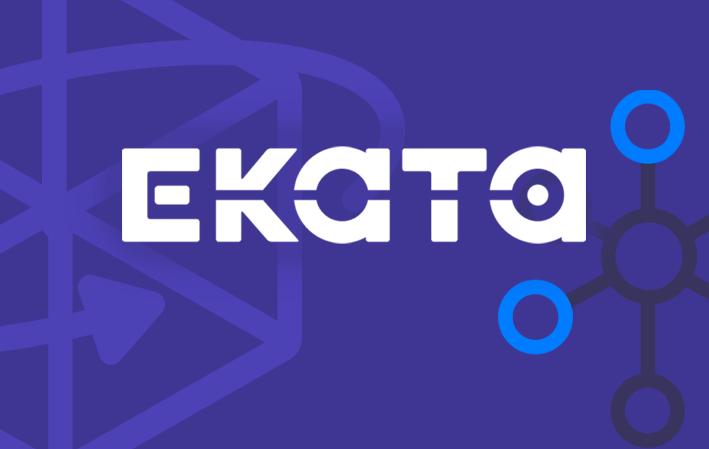Ekata: fighting fraud in luxury

Filippo Lucca, Senior Enterprise account Executive, and Maxime Cusin, Ekata Partnerships Manager, explain why luxury is a highly targeted sector for fraudsters, and how brands can react with innovative solutions.
Je m'abonneLuxury, a boiling market
With an estimated 24% growth for the sector up to 2025 (? 6% per year) and a total market value of around US $382 billion within 4 years (Statista figures), luxury was able to transform during the pandemic, finding new e-commerce solutions while maintaining a fairly unique customer experience. "buying a Louis Vuitton bag is not like buying a toaster. It's a very expensive product, which we value a lot. Customers want very special attention during the purchase and during the after-sales as well," says Maxime Cusin. Another problem is that this strong growth is accompanied by an influx of fraud.
Luxury as a target for cybercriminals
The industry, in fact, is overwhelmed both by the explosion of online sales and by criminal organisations, which are trying, in fact, to enter the flow of orders. As a result, brands are in the hands of payment or credit card companies because of the high number of fraudulent transactions. They need to find the right balance. "it is important to offer a good payment experience," stresses Filippo Lucca.
"if a means of payment is not available, customers will pick up the same products elsewhere, so brands have to offer different credit cards, including China Union pay, but also WeChat, etc., China being a key luxury market."

Ekata: when the machine is no longer enough to fight fraud
The automation of the transaction verification process has helped brands to cope with the increase in fraudulent transactions, by accepting or refusing transactions, depending on the individual's identity risk.
However, some transactions, especially in countries outside Europe, are legitimate but considered risky and therefore refused. "Human intelligence becomes necessary again and remains a central aspect of the fight against online fraud, otherwise we will no longer be able to offer credit cards," stresses Filippo Lucca.
Example in the fight against synthetic identities: fraudsters who buy stolen credit cards from the dark Web and create false identities to make purchases. Since they have a name, a first name, an email address, an IP address, it's not easy to identify them. However, checking transactions manually is sometimes a time-consuming and costly process.
Ekata, purchased by Mastercard in April 2021, has implemented an intelligent approach that combines automation and manual verification. The Ekata identity engine collects identity data in a graph-data purchased from various organisations-and in a network. Free of charge, these are behavioural: "how long has an email been active on the Internet, what associations have been seen at the level of the IP address etc." Explains Filippo Lucca.
In the end, Ekata's Pro insight solution offers a trusting score-to be more sure of its decision in manual order reviews. In the end, Ekata's Pro insight solution offers a trusting score-to be more sure of its decision in manual order reviews.
Contact Ekata
Je m'abonne
- Prev
- Next







